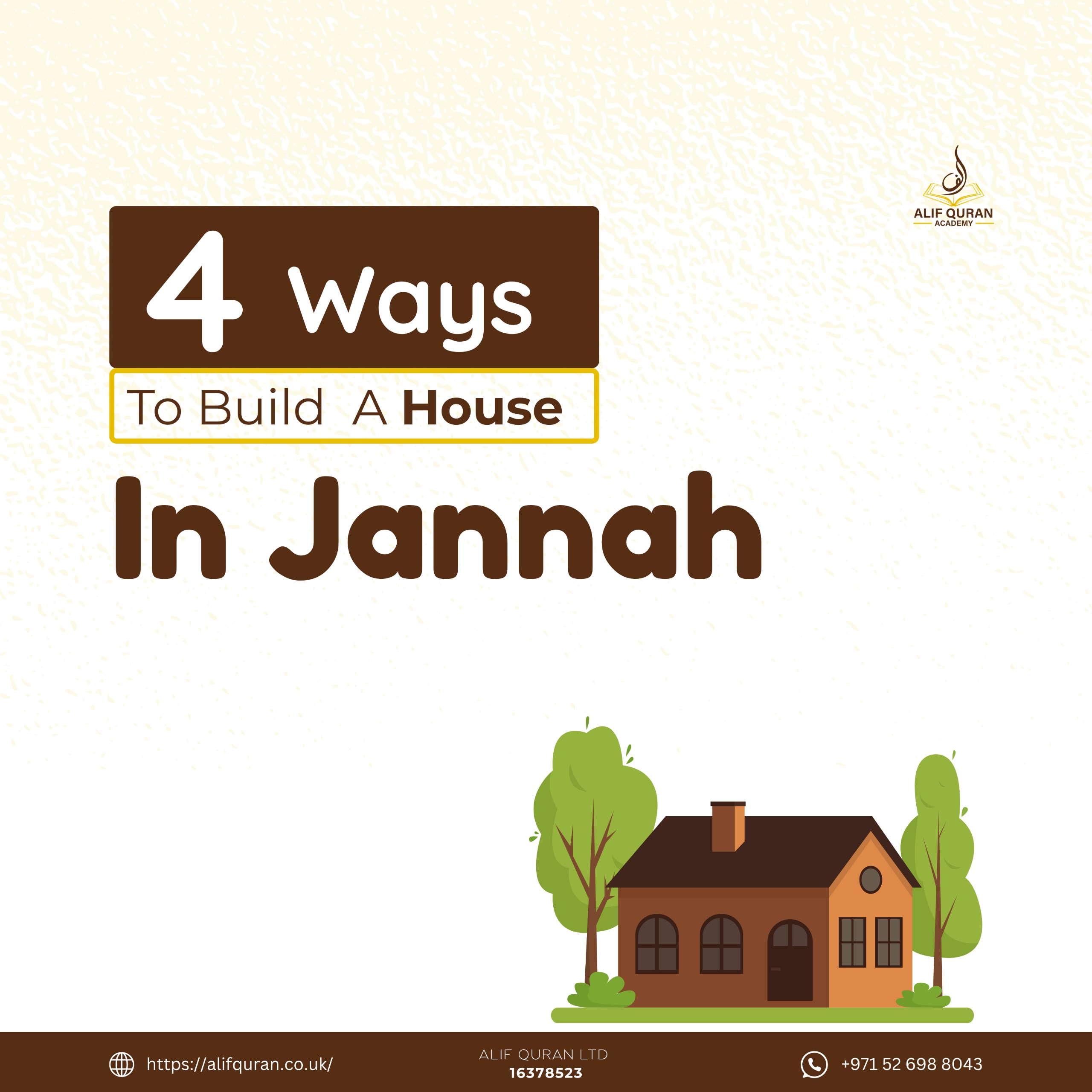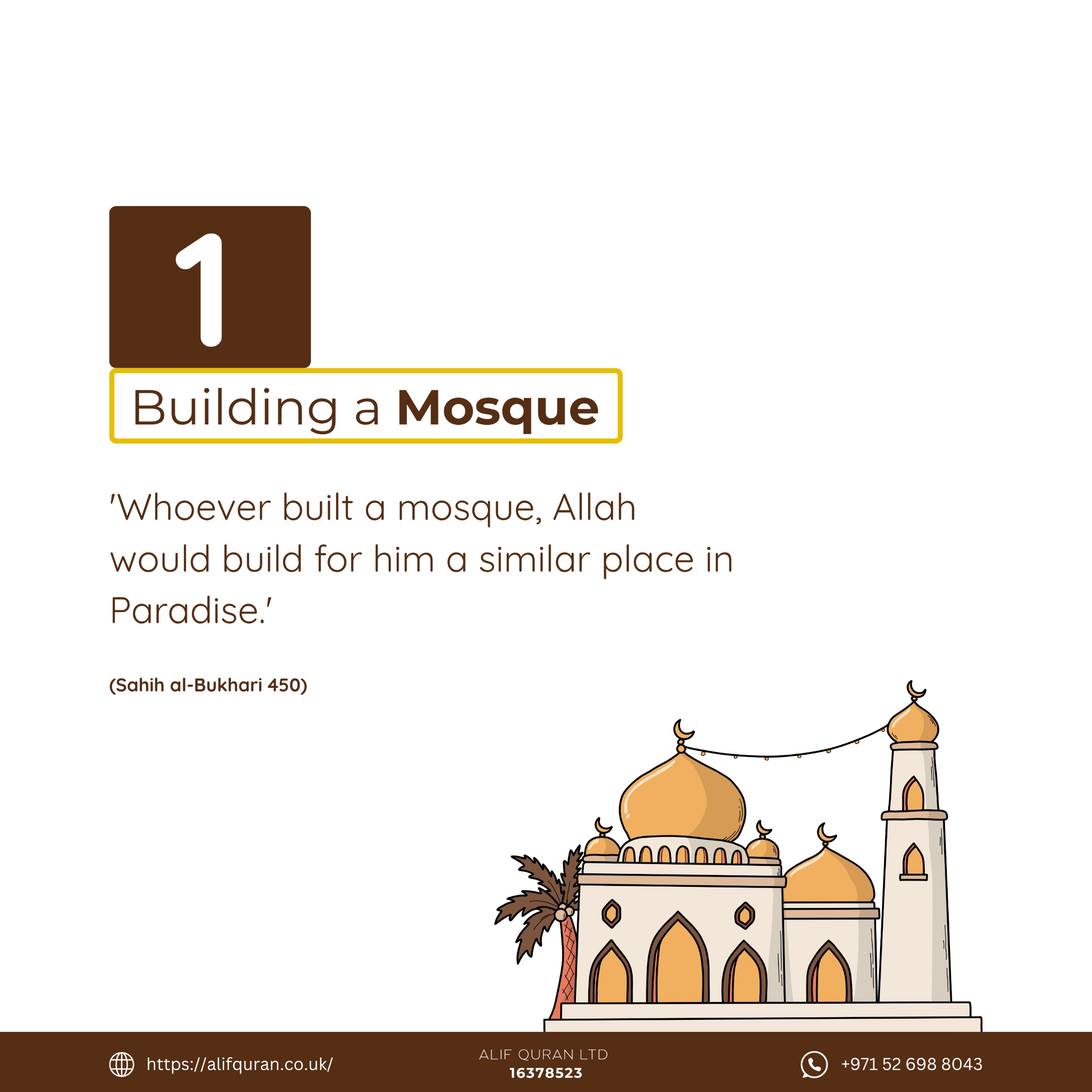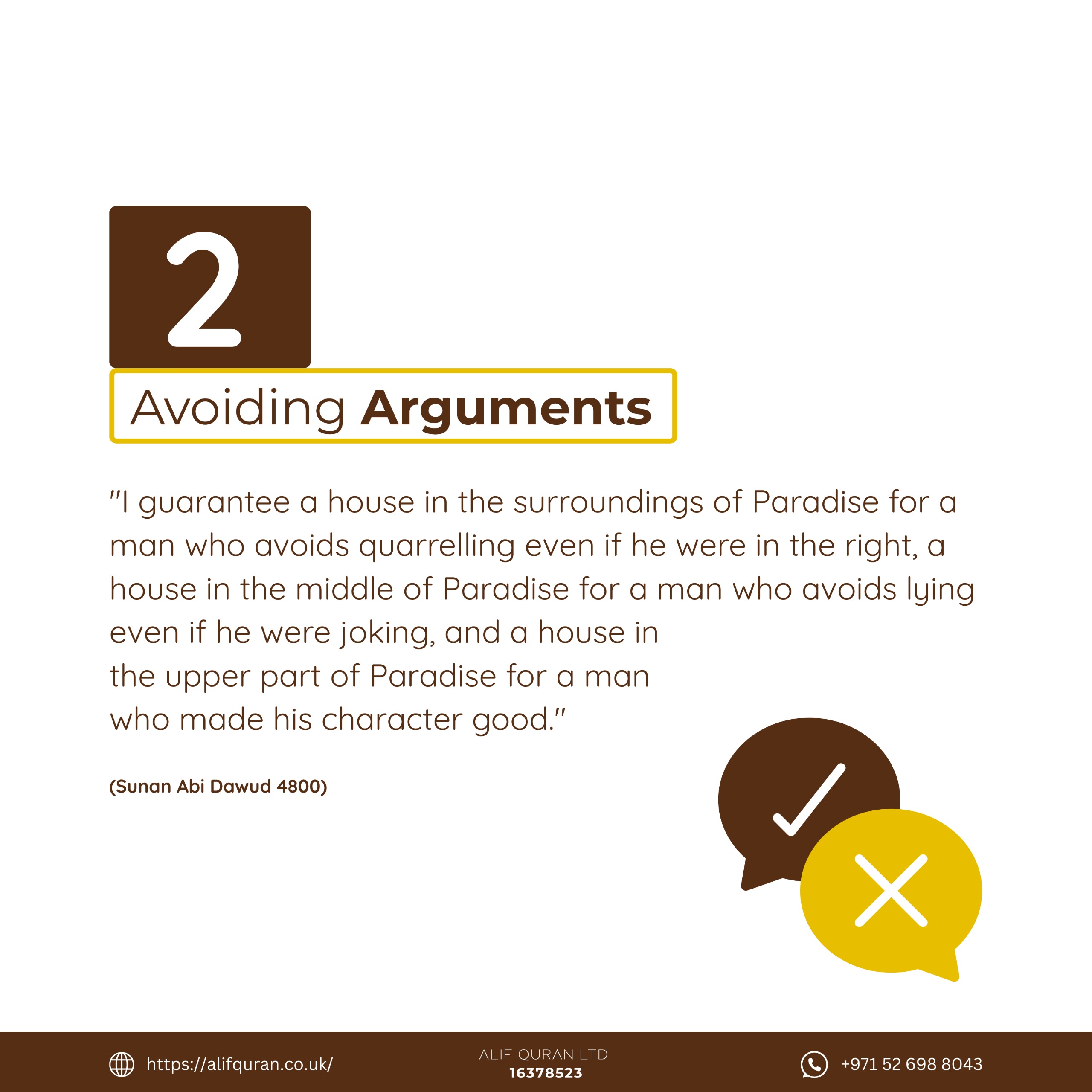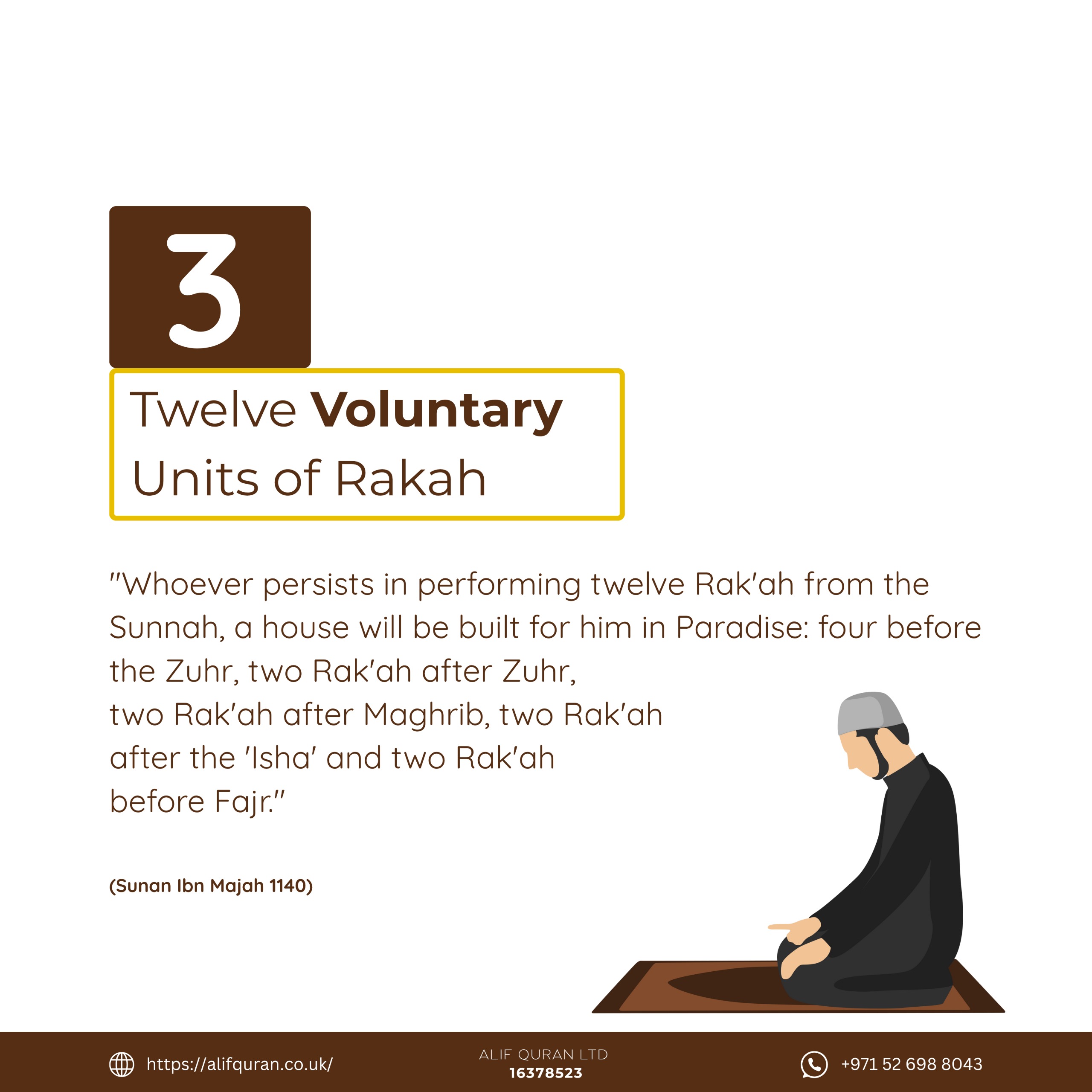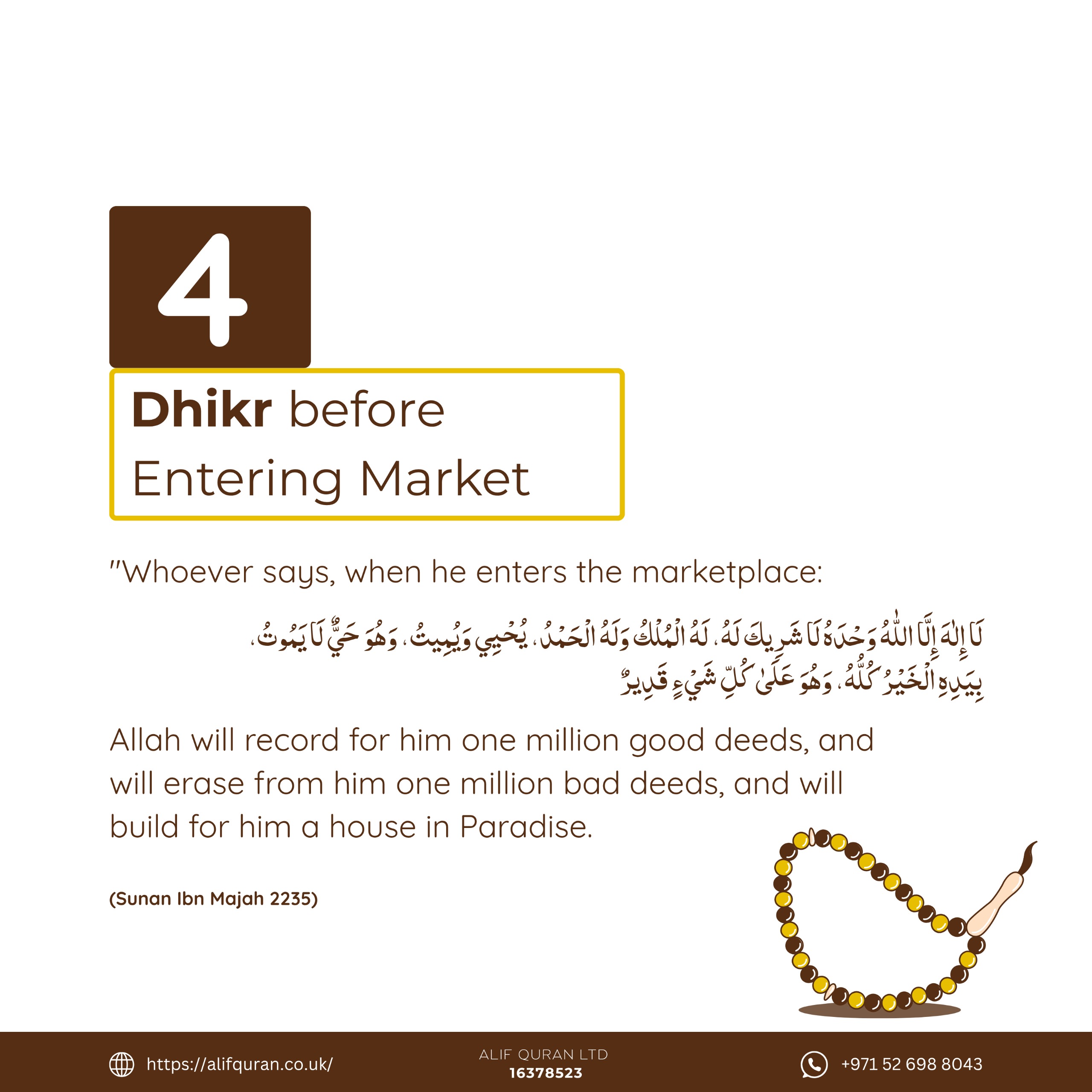4 Ways to Build a House in Jannah
Practical Steps from the Sunnah to Construct Your Eternal Home in Paradise
In Islamic tradition, Jannah (Paradise) is the eternal home promised to believers. The Quran and Hadith describe magnificent dwellings in Paradise that surpass anything we can imagine in this world.
The beautiful news is that the Prophet Muhammad (peace be upon him) taught us specific actions that directly result in Allah building a house for us in Jannah. These methods are accessible to every Muslim regardless of wealth, status, or education.
In this article, we'll explore four authentic ways to build your eternal home in Paradise, based on clear teachings from the Sunnah.
1. Reciting Surah Al-Ikhlas
One of the simplest yet most rewarding practices is the recitation of Surah Al-Ikhlas (Qul Huwa Allahu Ahad). The Prophet (peace be upon him) taught us that this short chapter carries immense weight in the sight of Allah.
"Whoever recites Qul Huwa Allahu Ahad ten times, Allah will build for him a house in Paradise."
(Sahih Muslim)
This surah, though brief, affirms the fundamental Islamic belief in Allah's absolute oneness. Its recitation not only earns us a house in Jannah but also brings numerous benefits in this life.
Benefits of this Practice:
- Equivalent to reciting one-third of the Quran
- Strengthens faith in Allah's oneness
- Can be recited anytime, anywhere
- Requires only a few moments of your time
- Protects against shirk (associating partners with Allah)
2. Praying Twelve Rak'ahs of Sunnah Prayers
The voluntary prayers (Sunnah and Nafl) that accompany our obligatory prayers are a means of drawing closer to Allah. The Prophet (peace be upon him) specified a particular set of voluntary prayers that result in a house in Paradise.
"Whoever prays twelve Rak'ahs during the night and day, a house will be built for him in Paradise: four before Dhuhr and two after it; two after Maghrib; two after Isha; and two before Fajr prayer."
(Jami` at-Tirmidhi 415)
These twelve rak'ahs are relatively easy to incorporate into your daily routine. They take only a few extra minutes but carry immense rewards both in this life and the hereafter.
Benefits of this Practice:
- Creates consistency in worship
- Improves focus in obligatory prayers
- Brings tranquility to daily life
- Develops discipline in worship
- Compensates for shortcomings in obligatory prayers
3. Daily Dhikr After Prayers
The remembrance of Allah (dhikr) is one of the most beloved actions to our Creator. The Prophet (peace be upon him) taught a specific form of dhikr to be recited after each obligatory prayer.
"Whoever glorifies Allah (says SubhanAllah) thirty-three times immediately after each prayer, and praises Allah (says Alhamdulillah) thirty-three times, and exalts Allah (says Allahu Akbar) thirty-three times, and then says 'La ilaha illallahu wahdahu la sharika lahu, lahul-mulku wa lahul-hamdu wa huwa 'ala kulli shai'in qadir' to complete one hundred, his sins will be forgiven even if they were as abundant as the foam of the sea."
(Sahih Muslim)
This practice, which takes only a few minutes after each prayer, is directly connected to receiving a house in Paradise. The Prophet (peace be upon him) specifically mentioned this connection in other narrations.
Benefits of this Practice:
- Purifies the heart
- Erases minor sins
- Creates constant awareness of Allah
- Protects against forgetfulness of Allah
- Brings peace and tranquility
4. Building or Contributing to a Mosque
Physical acts of charity that facilitate worship also lead to a house in Paradise. Building or contributing to the construction of a mosque is specifically mentioned in the Sunnah.
"Whoever builds a mosque for Allah, even if it be tiny, like a bird's nest, Allah will build for him a house in Paradise."
(Sunan Ibn Majah 738)
This includes not just constructing a new mosque, but also contributing to mosque maintenance, expansion, or providing facilities that help worshippers. Even small contributions count in the sight of Allah.
Benefits of this Practice:
- Continuous reward (Sadaqah Jariyah)
- Supports the Muslim community
- Creates spaces for worship and learning
- Revives neglected mosques
- Earns reward for everyone who prays there
Your Eternal Home Awaits
Building a house in Jannah doesn't require extraordinary wealth or capabilities. As we've seen, these four methods are within the reach of every Muslim. The key is consistency and sincerity in our actions.
Start today by choosing one of these practices to incorporate into your daily routine. Remember that even small, consistent actions can lead to immense rewards in the hereafter.
Imagine the joy of arriving in Paradise and finding a magnificent home prepared for you by Allah Himself - a home more beautiful than anything in this world, where you'll dwell in eternal bliss.



